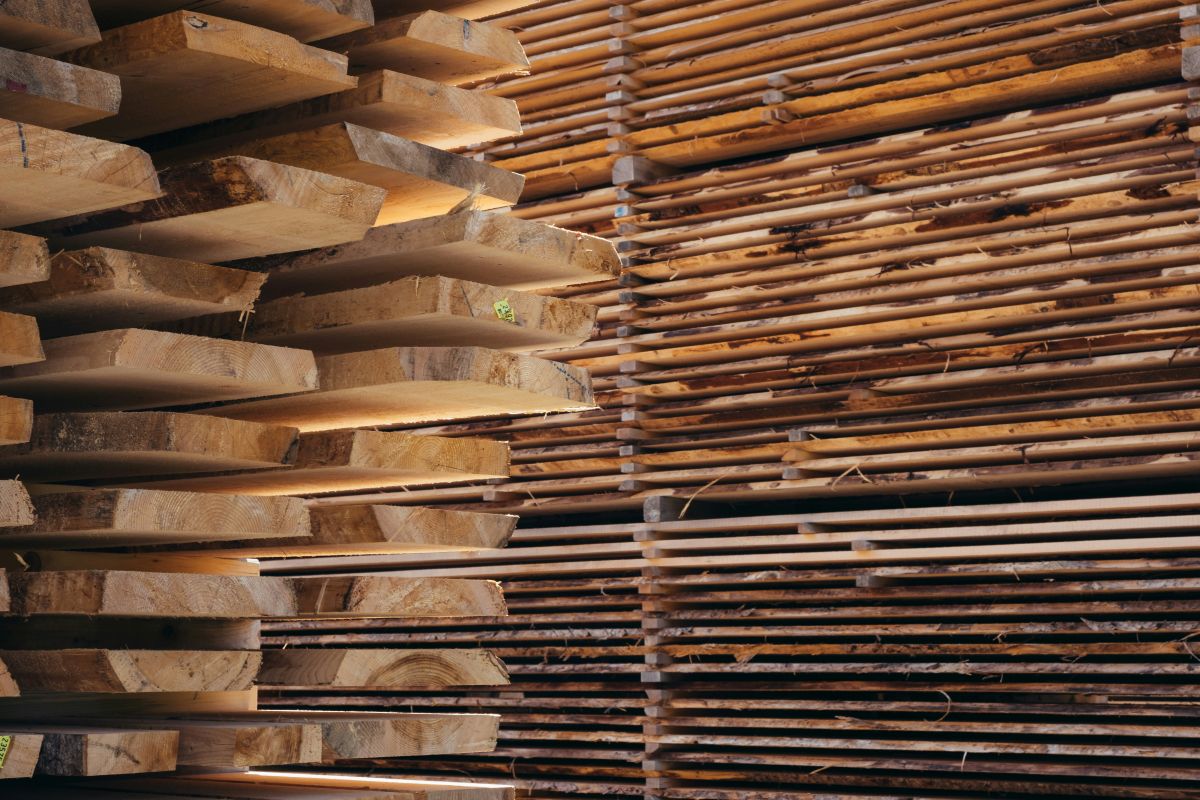U.S. hikes anti-dumping duties on Canadian softwood lumber
Canada has long denied that its producers are unfairly subsidized and is expected to challenge the U.S. decision.

Key Takeaways:
- U.S. raises anti-dumping duties on Canadian softwood lumber to 20.56%, drawing sharp criticism from B.C. officials and industry leaders who say the move threatens jobs and economic stability.
- B.C. Forests Minister Ravi Parmar and COFI condemned the tariffs, with Parmar blaming Donald Trump and COFI urging immediate provincial action to restore harvest levels and keep mills operating.
- The forestry sector is calling for urgent reforms, including fast-tracking permits, increasing timber sales, and improving coordination with First Nations to stabilize and strengthen the industry at home.
The Whole Story:
The United States has sharply increased anti-dumping duties on Canadian softwood lumber to 20.56%, escalating a long-standing trade dispute and prompting fierce condemnation from British Columbia’s government and forestry sector.
The U.S. Department of Commerce’s final decision, announced this week, more than doubles the previous anti-dumping duty rate of 7.66% for most Canadian producers. Additional countervailing duties are expected to follow, potentially pushing total tariffs above 30%.
B.C. Forests Minister Ravi Parmar blasted the move as a direct attack on working families and accused former U.S. president Donald Trump of undermining Canada’s economy.
“U.S. President Donald Trump has made it his mission to destroy Canada’s economy, and the forestry sector is feeling the full weight of this,” Parmar said in a statement. “We will not stand by while Donald Trump tries to rip paycheques out of the hands of hard-working people in B.C.”
Parmar said Premier David Eby is coordinating with federal and provincial counterparts on a national response. B.C. has also reactivated its Softwood Lumber Advisory Council and appointed former deputy minister Don Wright as a strategic advisor to guide the province’s strategy.
The BC Council of Forest Industries (COFI) also condemned the U.S. decision, calling it “unjustified and punitive.”
“These trade actions continue to harm workers, families, and communities across British Columbia and Canada—and have gone unresolved for far too long,” COFI said in a statement. “We call on the Government of Canada to make resolution of the softwood lumber dispute a top national priority. But this latest escalation also underscores a hard truth: we cannot wait for the U.S. to act.”
COFI urged the provincial government to urgently strengthen the conditions for domestic success by treating forestry as a major project, with a goal of restoring harvest levels to 45 million cubic metres. That includes fast-tracking permits, releasing ready-to-sell BC Timber Sales volumes, expanding salvage and thinning operations, and supporting First Nations in expediting land use decisions.
“The best way to support forest workers is to keep mills operating and people working,” the council stated. “We want to retain forestry workers, not retrain them.”
Canada has long denied that its producers are unfairly subsidized and is expected to challenge the U.S. decision through international trade bodies, including the World Trade Organization and the Canada-U.S.-Mexico Agreement dispute resolution mechanisms.
Meanwhile, B.C.’s forest sector continues to grapple with additional pressures, including declining timber supply, wildfires, mill closures, and complex permitting delays. Parmar said the province remains committed to building a more sustainable and resilient forest economy.
“This is about more than lumber — it’s about people and place,” he said.
